How Hard Water Affects Your Bidet (And How to Prevent Damage)
Posted by Barry S. on 30th Jun 2025
Bidets are a modern bathroom upgrade many homeowners swear by—for good reason. They’re hygienic, eco-friendly, and often more comfortable than traditional toilet paper. But like any plumbing fixture, bidets aren’t immune to one major hidden threat in many homes: hard water .
If your home has hard water, it could quietly be shortening the lifespan of your bidet. Fortunately, with the right care and a few preventive steps, you can protect your investment and keep your bidet working like new.
What Is Hard Water and Why Does It Matter?
Hard water is water that contains a high concentration of minerals—mainly calcium and magnesium. Many places across America deal with this problem, especially in the countryside or houses that get their water from a well.
While it’s safe to drink and use, hard water leaves behind mineral deposits, also known as limescale. You might notice minerals slowly clogging your pipes, sprayer heads, and even bathroom fixtures, like your bidet.
How Hard Water Affects Your Bidet
Even though bidets are designed for regular use, they can be particularly sensitive to mineral buildup. Here's what to watch for:
? Clogged Nozzles
One of the most immediate issues is nozzle clogging. When mineral deposits build up inside or around the spray nozzle, the water flow can become weak, uneven, or stop altogether.
⚙️ Reduced Internal Functionality
Over time, scale buildup inside the bidet’s internal valves and tubing can reduce pressure and affect spray performance, especially on models with multiple wash functions.
? Leaks and Corrosion
Limescale doesn’t just clog; it also corrodes. Imagine tiny mineral particles constantly scraping against your seals and gaskets; that constant friction eventually causes them to fail, bringing on leaks or breaking parts inside.
? Noise or Reduced Efficiency
Electric bidet seats with built-in heaters or air dryers may become noisier or less efficient as hard water deposits accumulate inside internal components.
How to Prevent Hard Water Damage to Your Bidet
Luckily, preventing hard water damage is easier than you might think. Implementing minor adjustments early on frequently leads to substantial, enduring benefits.
✅ 1. Install a Bidet Water Filter
One of the simplest and most effective solutions is adding a bidet-compatible inline water filter . You can pop these filters right in, and they'll catch minerals like calcium and magnesium, plus any grit, before they get to your bidet.
Tip: Look for filters labeled “universal” or those made by your bidet brand for best compatibility. Replace every 6–9 months, depending on usage and water quality.
✅ 2. Regularly Descale the Nozzles
Every few weeks, inspect your bidet nozzle for mineral buildup. To clean it:
-
Soak a soft cloth or toothbrush in a 1:1 solution of white vinegar and water.
-
Gently scrub the nozzle and any exposed spray heads.
-
Rinse thoroughly and run a short spray cycle to flush remaining residue.
Note: Some bidets have self-cleaning nozzles, but even these benefit from occasional manual descaling.
✅ 3. Use a Mild Descaling Solution Internally
For deeper cleaning (especially for electric bidets), follow your manufacturer’s guidance to descale internal parts.
A typical method involves:
-
Turning off and unplugging the unit.
-
Pouring a diluted vinegar solution into the water inlet or tank.
-
Letting it sit for 30–60 minutes before flushing with clean water.
Important: Always check your manual first. Some brands may recommend specific descaling products.
✅ 4. Consider a Whole-House Water Softener
If hard water affects more than just your bidet—think spotty dishes, dingy laundry, or dry skin—it might be time to install a whole-house water softener . These systems treat water at the source and protect all your appliances, not just your bidet.
While it's a bigger investment upfront, it can save thousands in long-term plumbing and appliance repairs.
Signs Your Bidet Has Hard Water Buildup
Not sure if hard water is causing problems? Here are a few signs:
-
Weak or uneven water spray
-
White chalky residue on the nozzle or seat
-
Leaking connections or slow drips from the hose
-
Nozzle doesn't retract fully
-
Your area is known for hard water (check local water reports)
If you notice any of the above, it’s a good idea to clean your bidet or install a filter before things get worse.
Best Filters and Descaling Tools for Bidets
Here are a few popular and reliable products for hard water maintenance:
-
Inline Bidet Filter by Brondell – Universal fit, great for electric seats and attachments.
-
TUSHY Water Filter – Connects easily and helps reduce hard minerals.
-
EcoOne Toilet Cleaner Pods – Biodegradable descaling pods safe for septic systems.
-
White vinegar and baking soda – Affordable and effective for nozzle cleaning.
Conclusion: Protect Your Bidet from Hard Water the Smart Way
Hard water might be out of your control, but protecting your bidet from it isn’t. Whether you choose to install a simple filter, clean your nozzles regularly, or invest in a water softener, these small steps can extend the life of your bidet and keep it working beautifully.
Not only does regular maintenance protect your investment—it also ensures every use feels just as fresh, powerful, and clean as the first time.
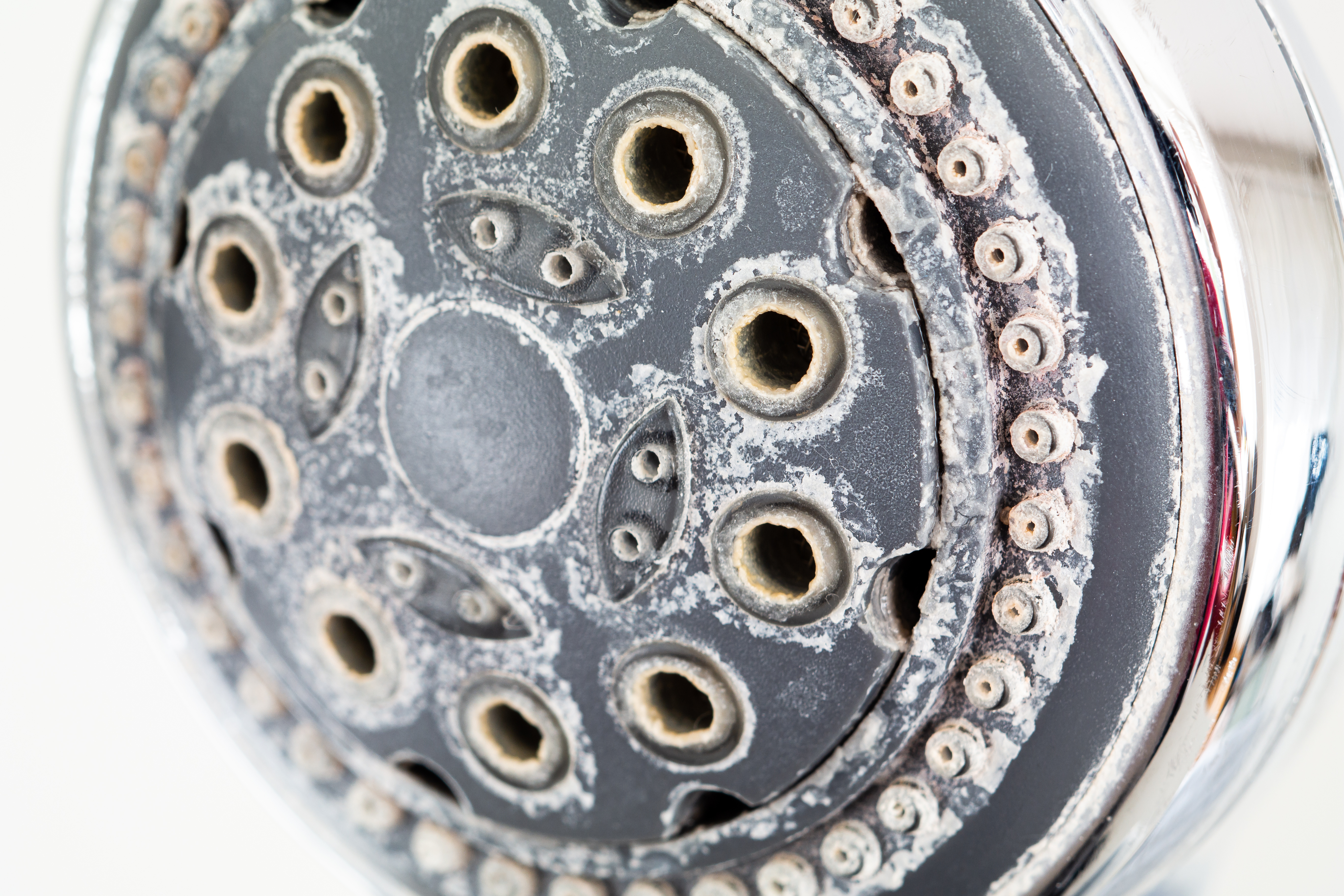
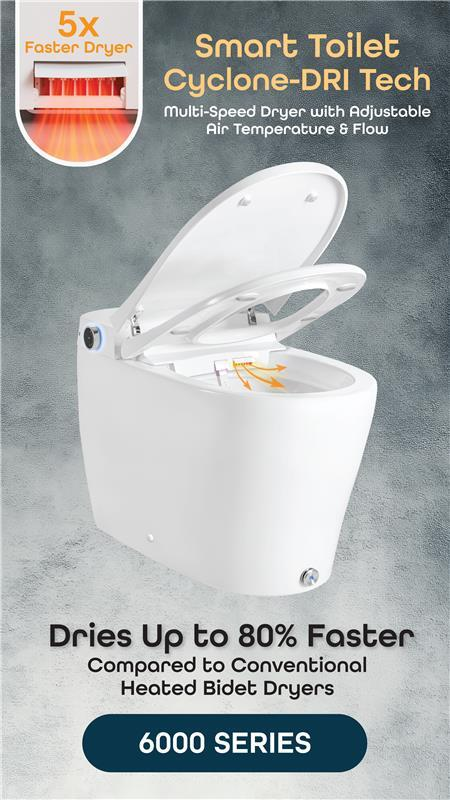
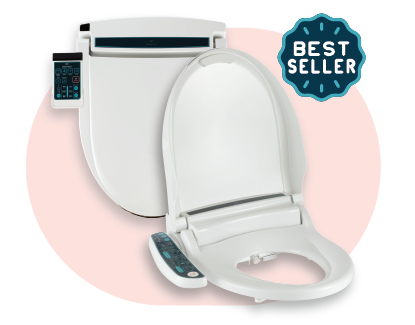

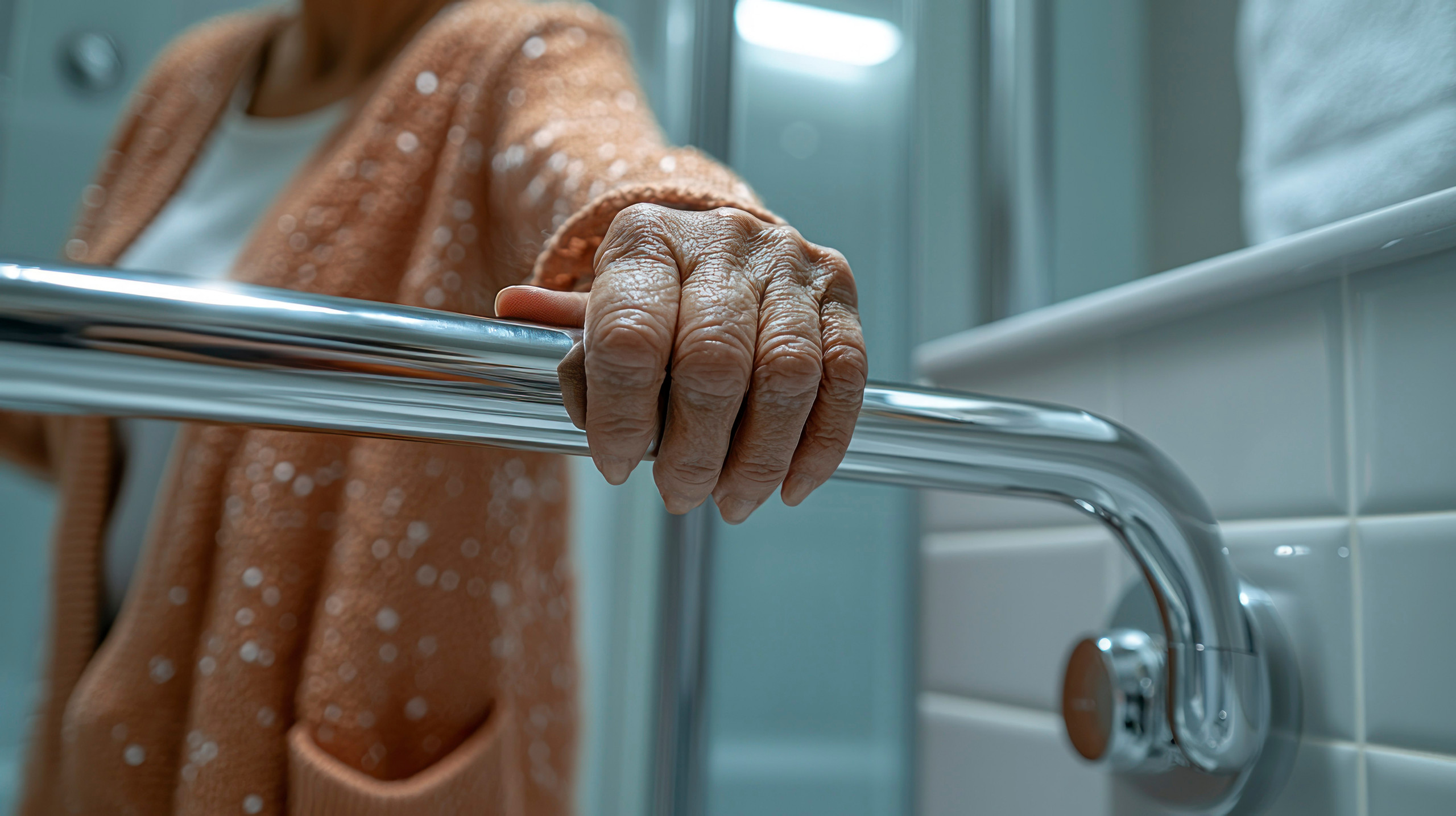
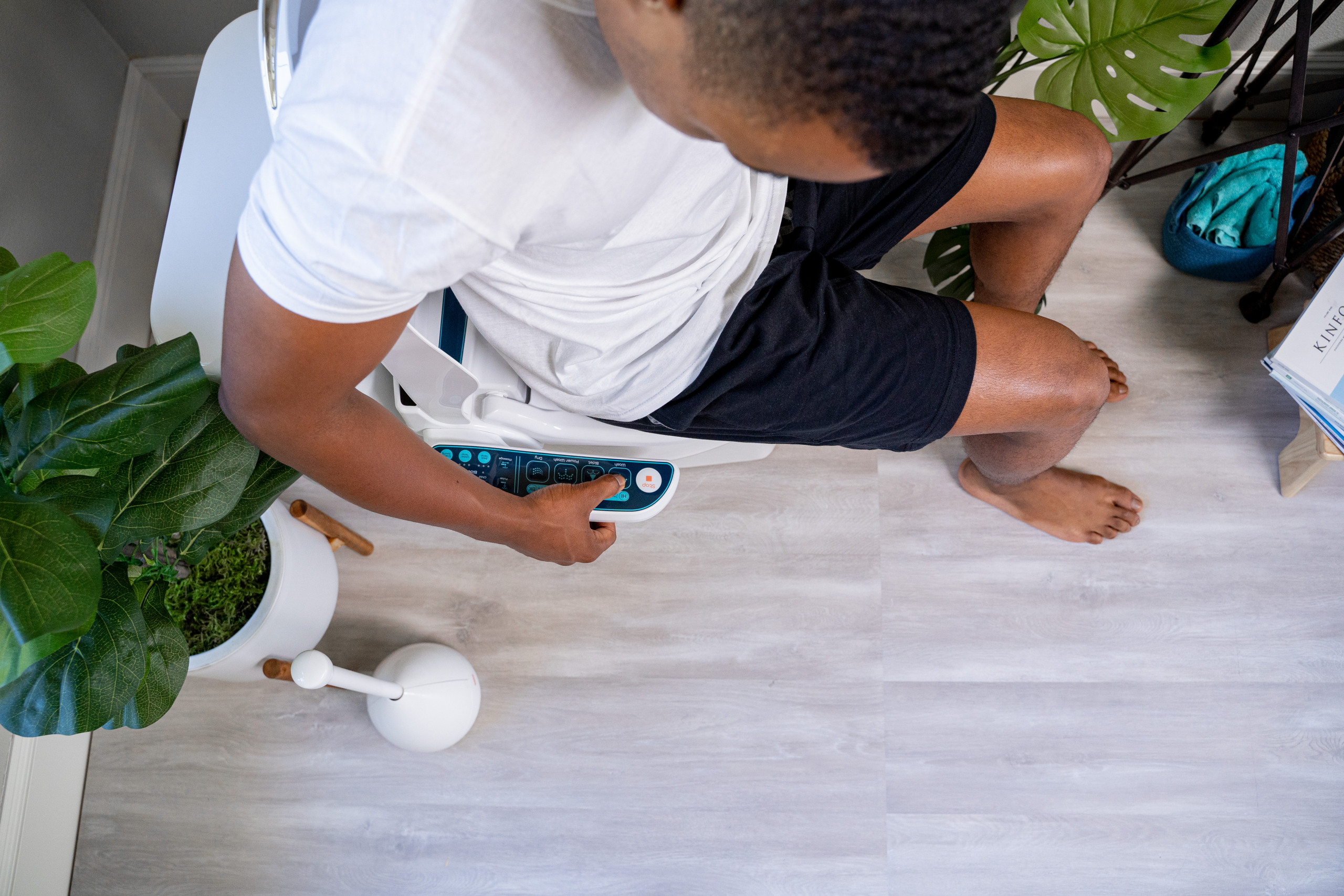
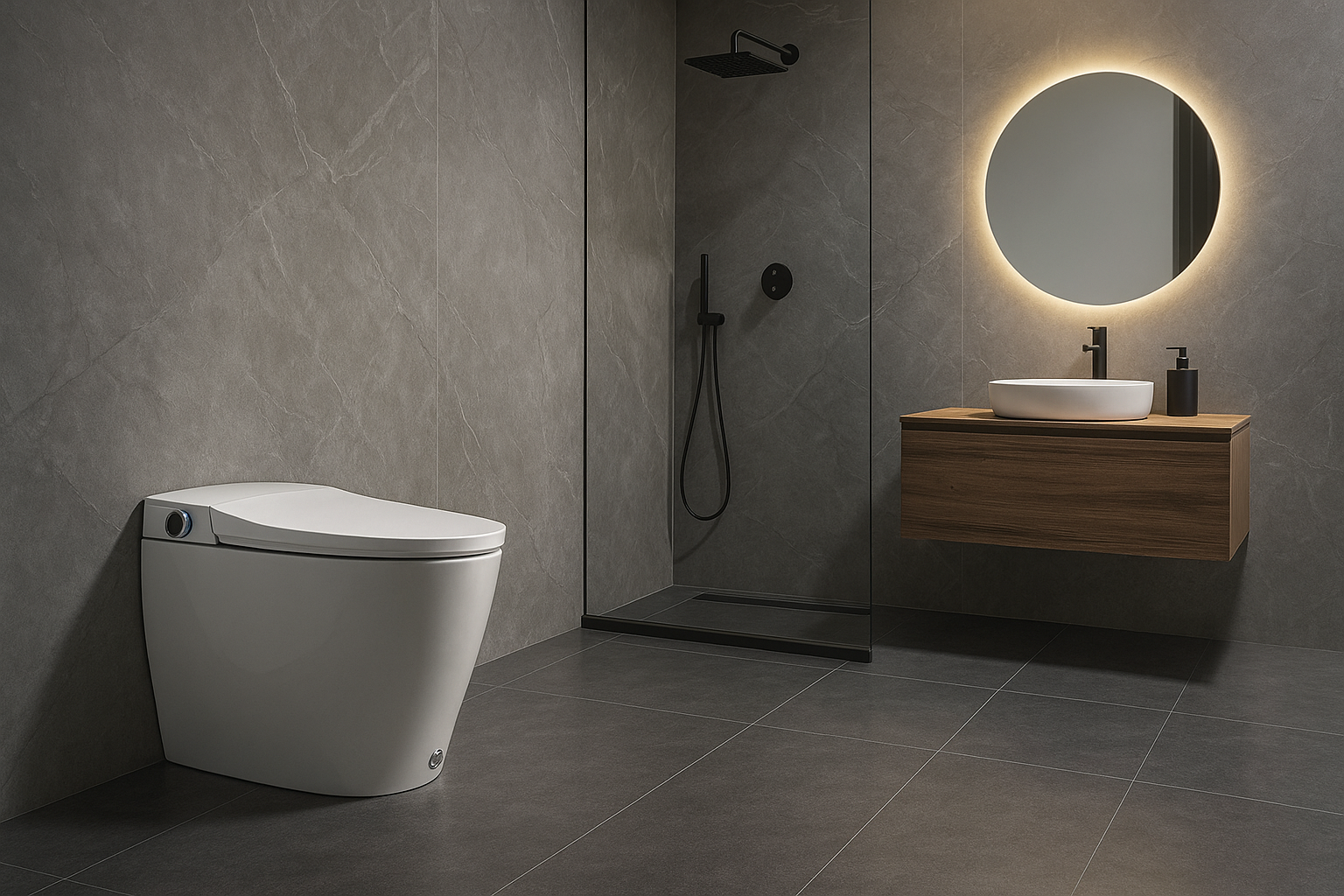

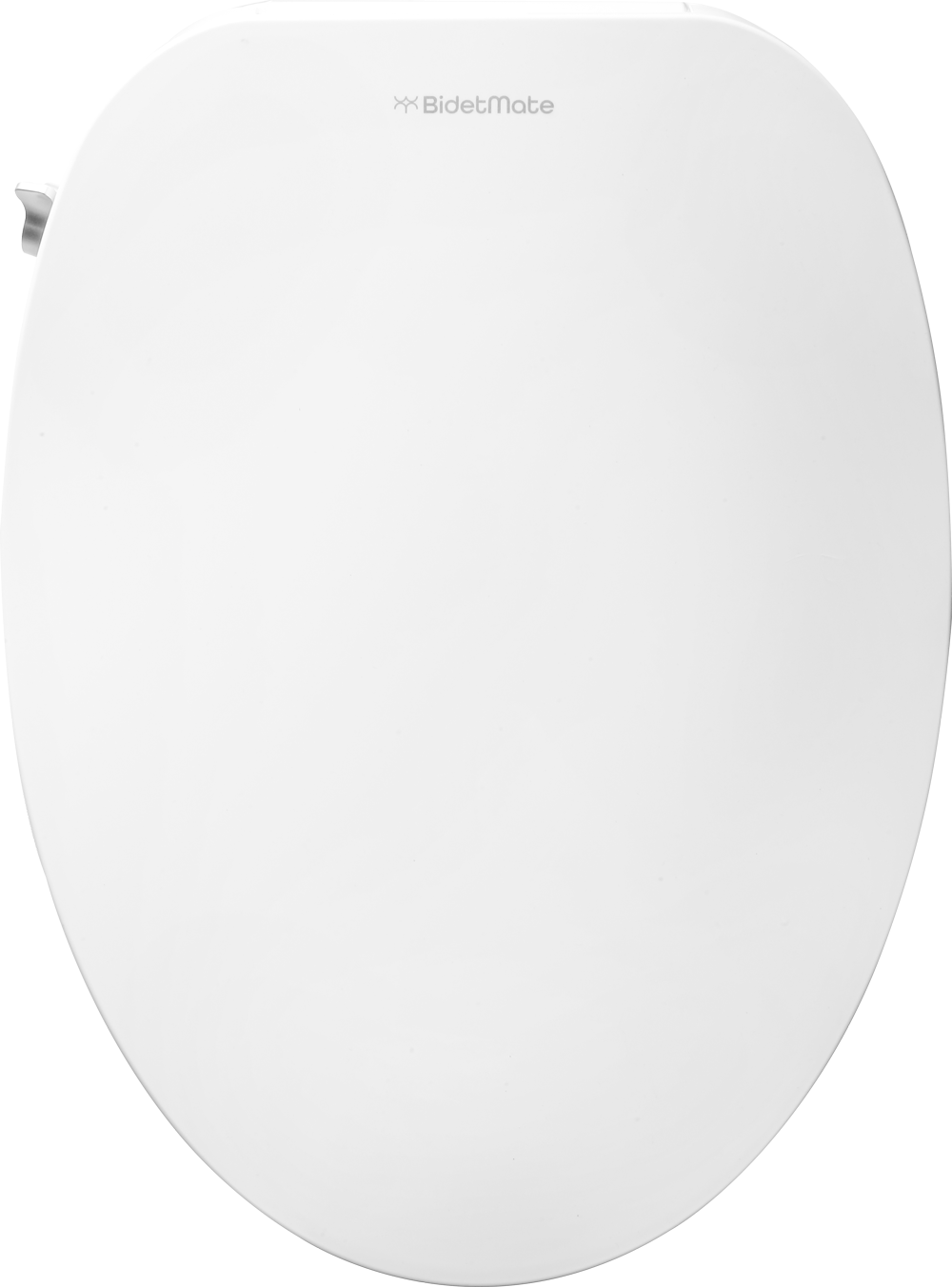
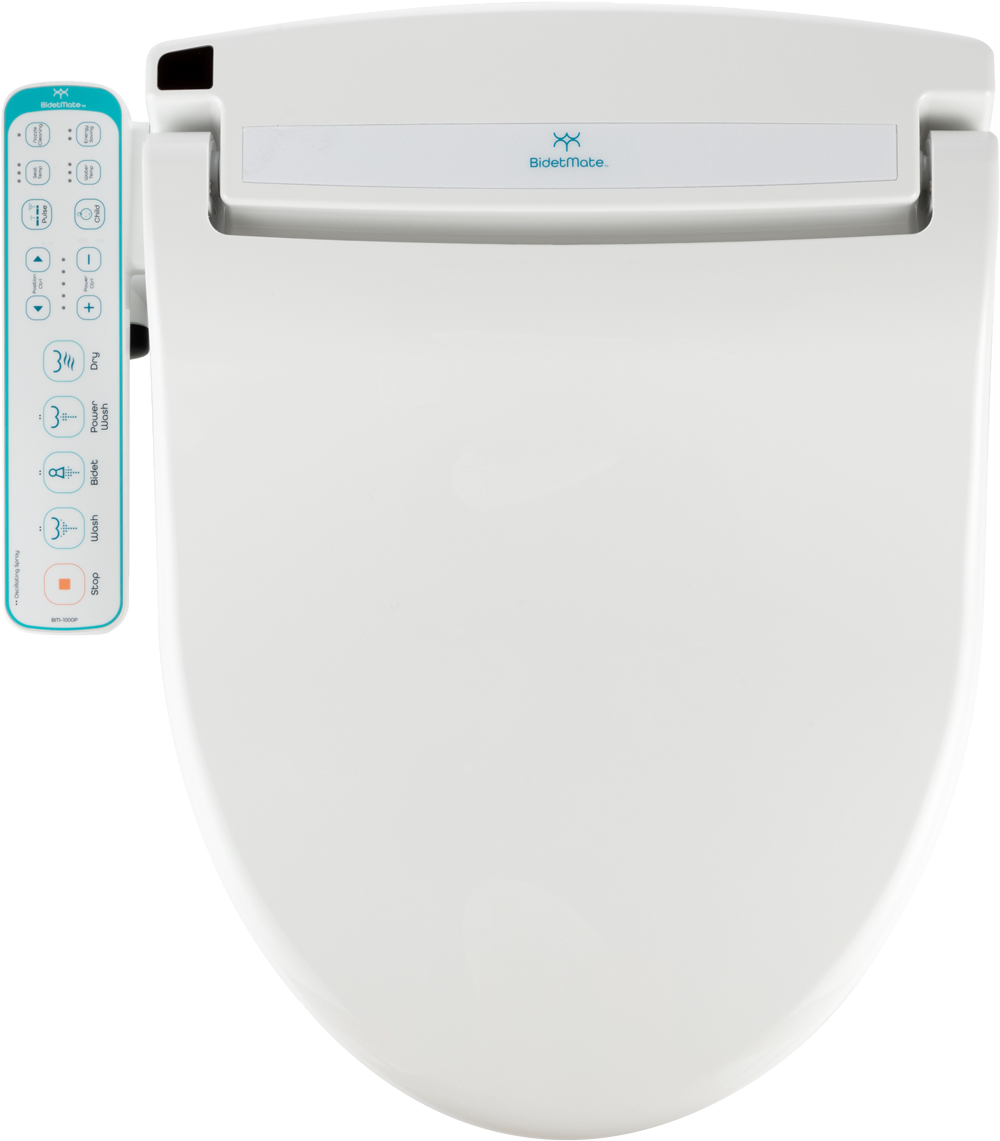
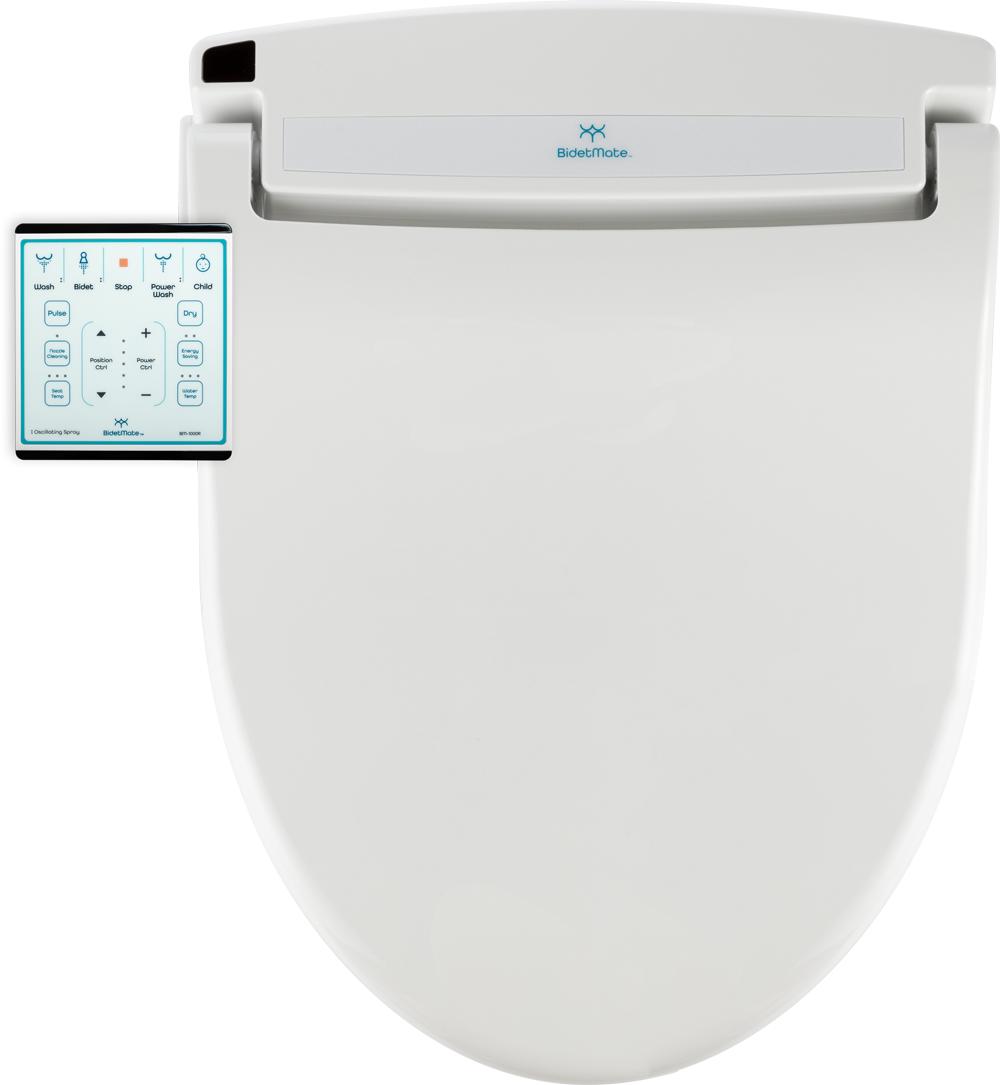


 END Shopper Approved - templates/layout/base.html
END Shopper Approved - templates/layout/base.html